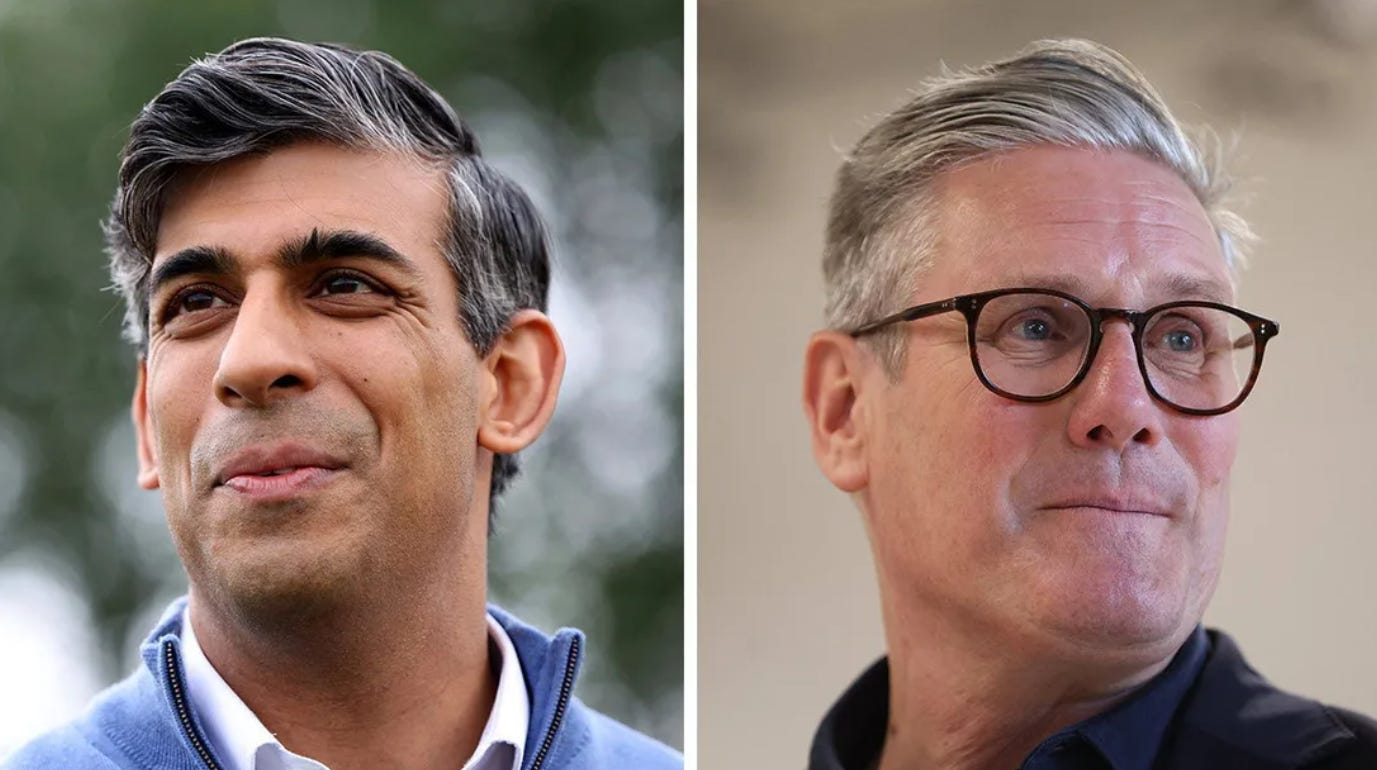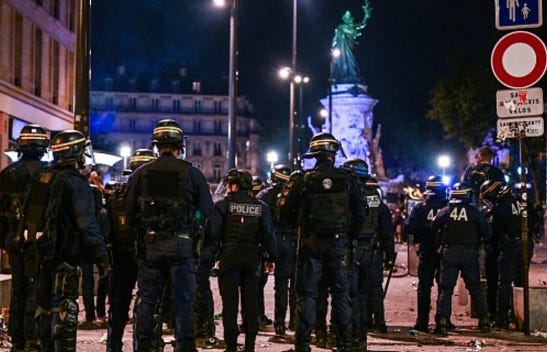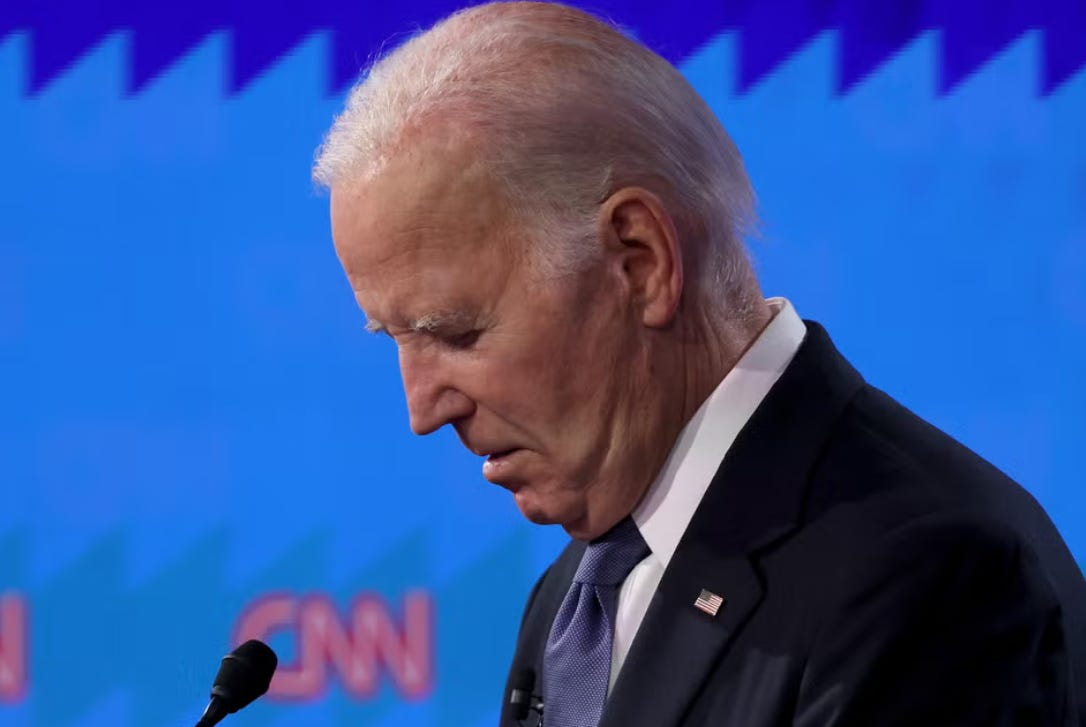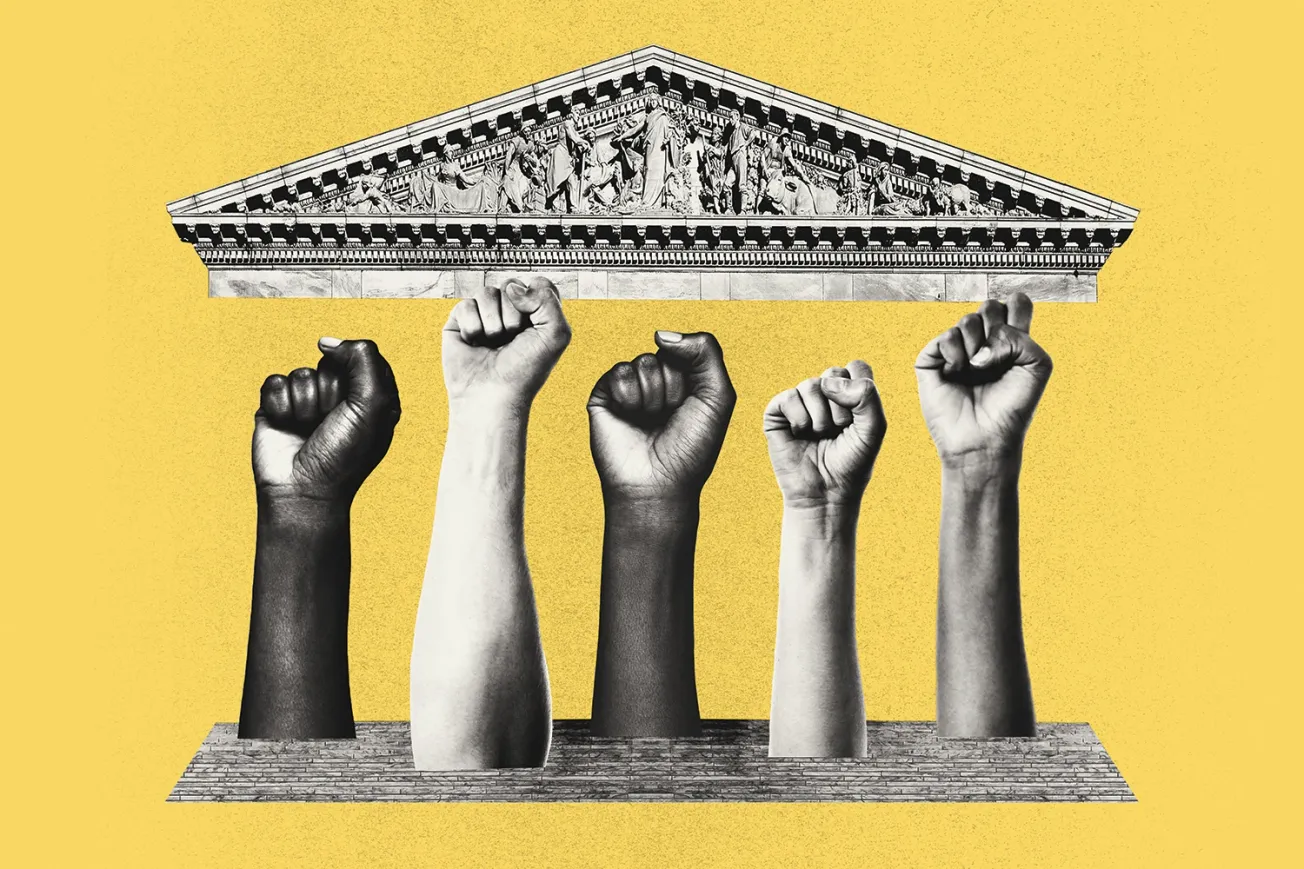Table of Contents
Simon O’Connor
Husband, step-father, and longtime student of philosophy and history. Also happen to be a former politician, including chairing New Zealand’s Foreign Affairs, Defense, and Trade Committee.
It has been a fascinating few days of international politics. We have just seen the United Kingdom and France conclude their elections, and of course the anticipation of the presidential election in the United States.
The United Kingdom
A new Labour government has swept to power. What is remarkable is not so much the result – as that was anticipated – but how small the overall vote for Labour was.
The UK maintains the ‘first past the post’ (FPP) system as New Zealand once had. This means seats in parliament are based on who wins each actual electorate seat. The overall percentage – or proportion – of vote a party receives across the country does not count. The Labour Party got around 34 per cent of the overall vote, and yet 63 per cent of the seats in the British Parliament (so 412 seats out of 650). The Conservatives got 2 per cent% of the vote overall, and 19 per cent of the seats (so, 121 seats). Strikingly, the new Reform UK Party (think Nigel Farage) got 12 per cent of the vote and one per cent of the seats while the Lib Dems got slightly fewer votes overall (12 per cent) and yet 11 per cent of the seats in parliament.

Despite this, there seems little appetite for electoral change in the UK and of course, that is a decision for them! That the result for Labour was so well-anticipated, few will be concerned or focused on the electoral system that achieved this. As many commentators have noted, this was an election that was more about the Conservatives losing than Labour winning. This observation is affirmed by the Labour Party having got fewer overall votes than when Jeremy Corbyn was leader in 2017, and has only marginally increased its vote from 2019.
I think the big challenge for the new prime minister will be keeping the new crop of Labour Party MPs in line. It is not one large united party. No major political party is. But for Labour there is now a mix of traditional socialists, those solely focused on the Gaza-Israel conflict, moderates, and those on the far left and obsessed with the culture wars. Add to this new members of parliament who will have an incredibly high impression of themselves and expect to be immediately promoted into senior positions or cabinet. This all makes a recipe for a very tense and challenging caucus. So the political issues of the day in the United Kingdom aside, I think Sir Keir Starmer will have his hands full trying to balance the various factions and demands of his new large caucus.
One big bouquet though. The manner in which the election was held and how power was transferred needs to be highlighted. It was very striking to see how the now former Prime Minister Rishi Sunak graciously conceded as too many MPs who lost their seats. They kindly acknowledged their winning opponents, wished them well, and even went as far to compliment the various talents the winners were bringing to the parliament. This should give us hope as to how democracy can properly operate. It perhaps also provides a welcome example to other countries around the world!
France
What has happened in France is fascinating. Not simply that the left bloc has won the largest share of the votes somewhat unexpectedly but how many in mainstream media have chosen to report the issue. After the first round of voting it was expected that Marine Le Pen’s party on the right would go on to win a significant victory in the second round. This turned out to not be the case, with the various parties on the left successfully negotiating between themselves so as to maximise their vote.
Many in mainstream media have barely hidden their delight in this result – and I am particularly thinking of international media here. They have been quick to label the ‘far right’ at every opportunity and yet rarely – to never – mention the far left. Even a cursory view of the leftist bloc – euphemistically called the Left Alliance – indicates that it is very much a ‘far left’ conglomeration. That supporters of the left were celebrating their victory (understandably) by proudly singing the Internationale, the hymn for communists and socialists, seems to be lost on the legacy media. The point is simple – legacy media are quick to aggressively label one side far right while softly describing the other side as a ‘left alliance’. This does not reflect reality, but it does reflect bias.
The final point is as much French as it is dangerously amusing. Even though the left received the largest share of votes in the second round of voting (but importantly, no party got a majority), its supporters were very quick to violently protest. Soon after the results were announced there were riots, cars set on fire, and fights with police primarily from those on the winning ‘left’ side.

I don’t think this election is the end however. I predict the left alliance will implode and in turn provide a fresh opportunity for the right-leaning and populist parties. Worryingly, for me, it means that French politics will get even more extreme in the short term.
The United States of America
The presidential election in the United States is still some months away but it is clear that panic has now set in within the Democratic Party and its media supporters. President Biden’s cognitive ability is the only topic of conversation. For many years, myself included, commentators have noted his decline. First and foremost, this arose from concern for him as a human being and then, of course, for the health of the American democracy.

However legacy media’s response to those questioning Biden’s health was derision and gaslighting. Anyone who dared to question the acuity of Biden was labelled as politically biased or clearly a supporter of the Republicans. The presidential debate, however, put on full display the very problem that many had identified and so could no longer be avoided by legacy media.
We now have full-blown panic by these same legacy media outlets. Their fear that the Democrat President could lose is such that mainstream media has gone from outright denial and gaslighting to lobbying for a change of Democratic presidential candidate.
Now, it’s a free country but the situation highlights clearly the strongly left-leaning and partisan nature of many in media. I suppose one could say that these media outlets are not really interested in the contest of ideas. Instead, they simply wish to ensure that their Democrat person maintains a left-wing presence in the White House.
So three different countries. Three different situations. And three fascinating contests to observe!
This article was originally published on the author’s Substack.









